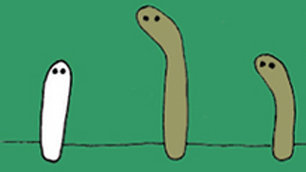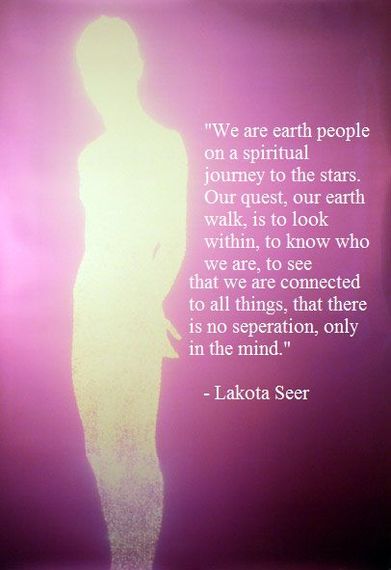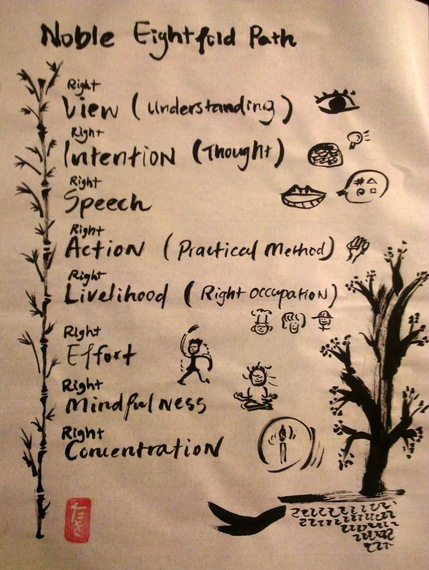Free will makes us uniquely human. Regardless of age, socioeconomic status, or gender, we all face suffering in the world. Your views on suffering and "self" influence your relationship with the universe, what you do in this life, and how you view death. In order to answer who and what we are, we must ask what are we at our core. If you believe we are fated, then you will not try to change, since death for you is the end of existence. The material "self" would be nothing more than a worm in dirt.
If, on the other hand, you believe we are free, spiritual beings, you will feel in control of your life since you will see this material universe as preparation for the next world to come. This could lead to an eternity in paradise. This in turn affects how we collectively set up punishment, government, and justice systems (i.e. socialist or capitalist, individualistic or community minded) in our society.
The Western worldview is man is innately good. This view focuses on the reality in existence and sees mind/body as dualistic. The solution is to free ourselves from expectations of society. This is similar to an individualistic mentality of "Why don't you be you and I'll be me?" In The Self in Love, Robert Soloman writes, "It is a strange distortion of Western thinking that has made the private, reflective self primary instead of the active, passionate self, and the shared identity of love is often misunderstood just because of this overly rational, overly "inner" view of the self."
The social constructional view of "self" is no matter how "nobly individual" you appear, you are defined by other people. The truth is nothing makes each and every one of us unique because our relationships paradoxically make us individuals. It is only by loving and being loved that our individual existence develops meaning. Soloman states, "The self depends upon what we think of ourselves but we need some substance to think about as well as a mind to think with." If self-conception alone determined the "self," we would all be in 100% control of our self-esteem. Thus, if we followed Sigmund Freud's "primary process" where thinking is being, we would all feel as secure as fraudulent "self-help books" promise. Our idea of "self," however, is created in and against reality where more often than not, the reality is other people, genetics, and cultural forces outside of our control. Therefore, this can help you take suffering less personally.
The Eastern worldview recognizes the source of desire as the cause of all suffering. A Buddhist would say the initial question is mistaken because there is no such thing as "self." The implied assumption in the question is that there is in 'fact,' a core "self." The "self" is never the same from moment to moment because it is in a state of constant flux. Therefore, the "self" does not exist. This view makes the original question misleading and the cause of suffering. The delusion that it does is the source of all painful thoughts of narcissism, desire, and separation.
- Suffering is part of the human experience.
- We suffer because we desire or crave pleasure, life, and power. Our desires keep us returning to this transient world through successive "rebirths." Therefore, the more we try to satisfy our craving, the worse they become, making us suffer even more. Are you ready to count our dreams as a mere illusion so that you are never without what you wish for?
- Release from suffering can only be gained by putting an end to our craving.
- Only by following the Nobel Eightfold Path can one put an end to cravings, find salvation, and reach enlightenment.
- Jesus died to suffer with us.
- Jesus died for our sins.
The idea of "self" or lack thereof is important because it defines your place in society. What does "self" mean to you?



